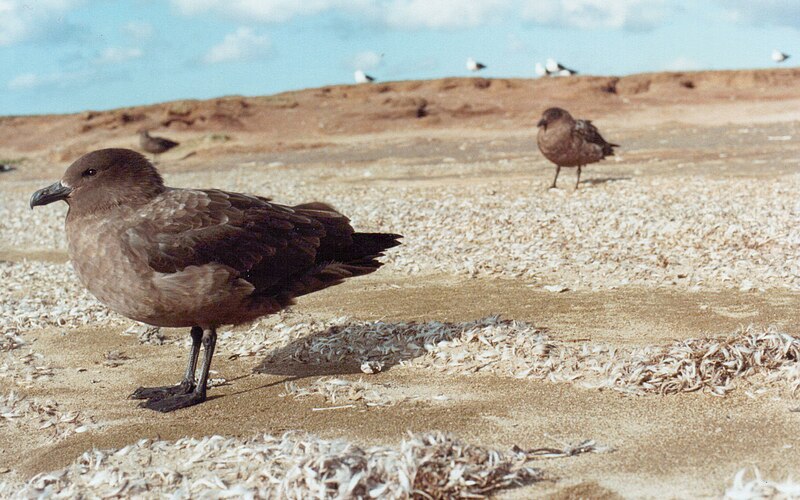Attachments
Note: Not all attachments are visible to the general public. Research URLs will go live after the embargo ends.

Journal/
conference: Biology Letters
conference: Biology Letters
Research:Paper
Organisation/s:
University of Rochester, USA
Funder:
This work was supported by grants from the Fyssen Foundation (to SD) and the Paul Emile Victor French Polar Institute (IPEV), under the project ETHOTAAF 354 (to FB).



 International
International


